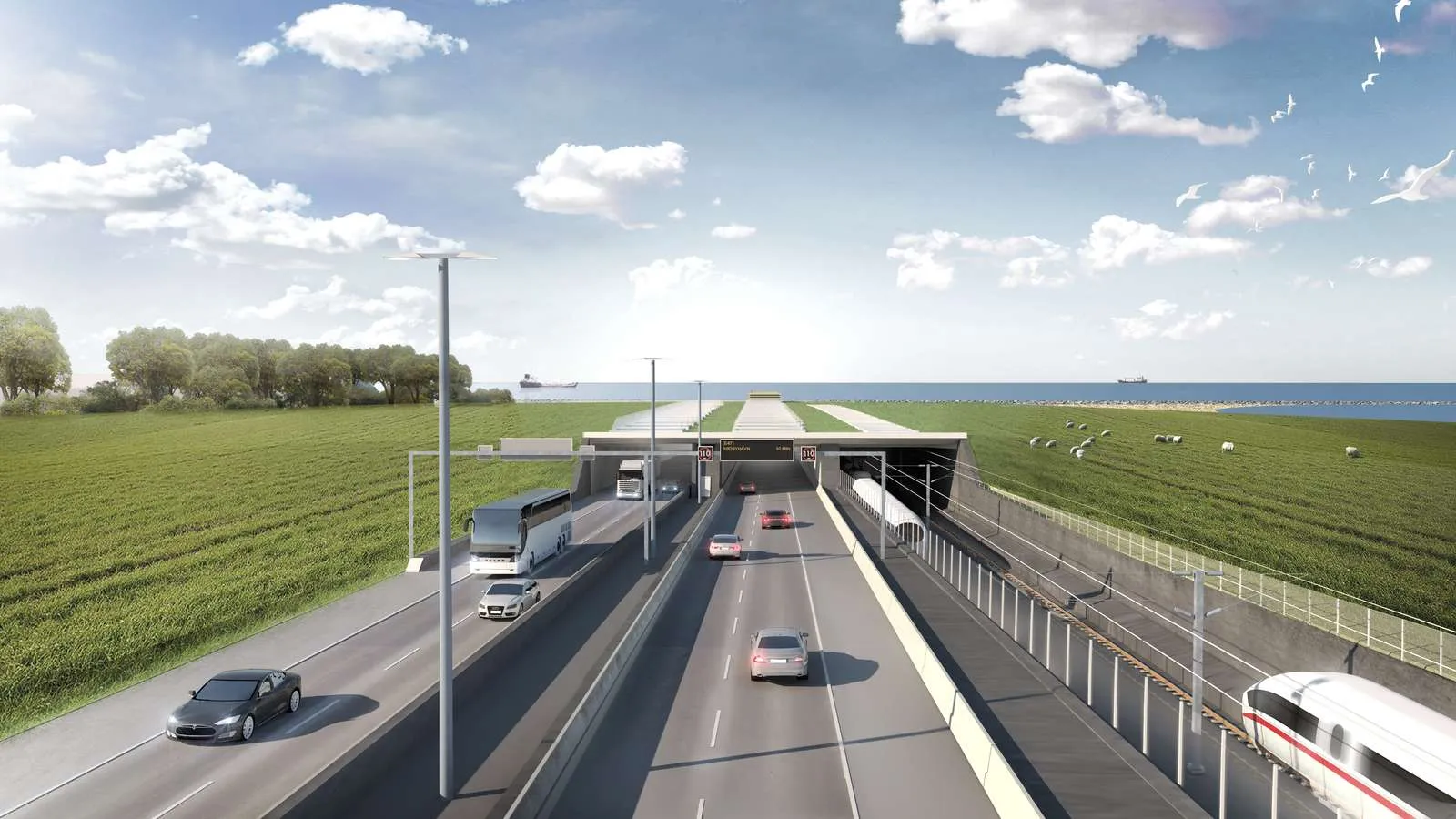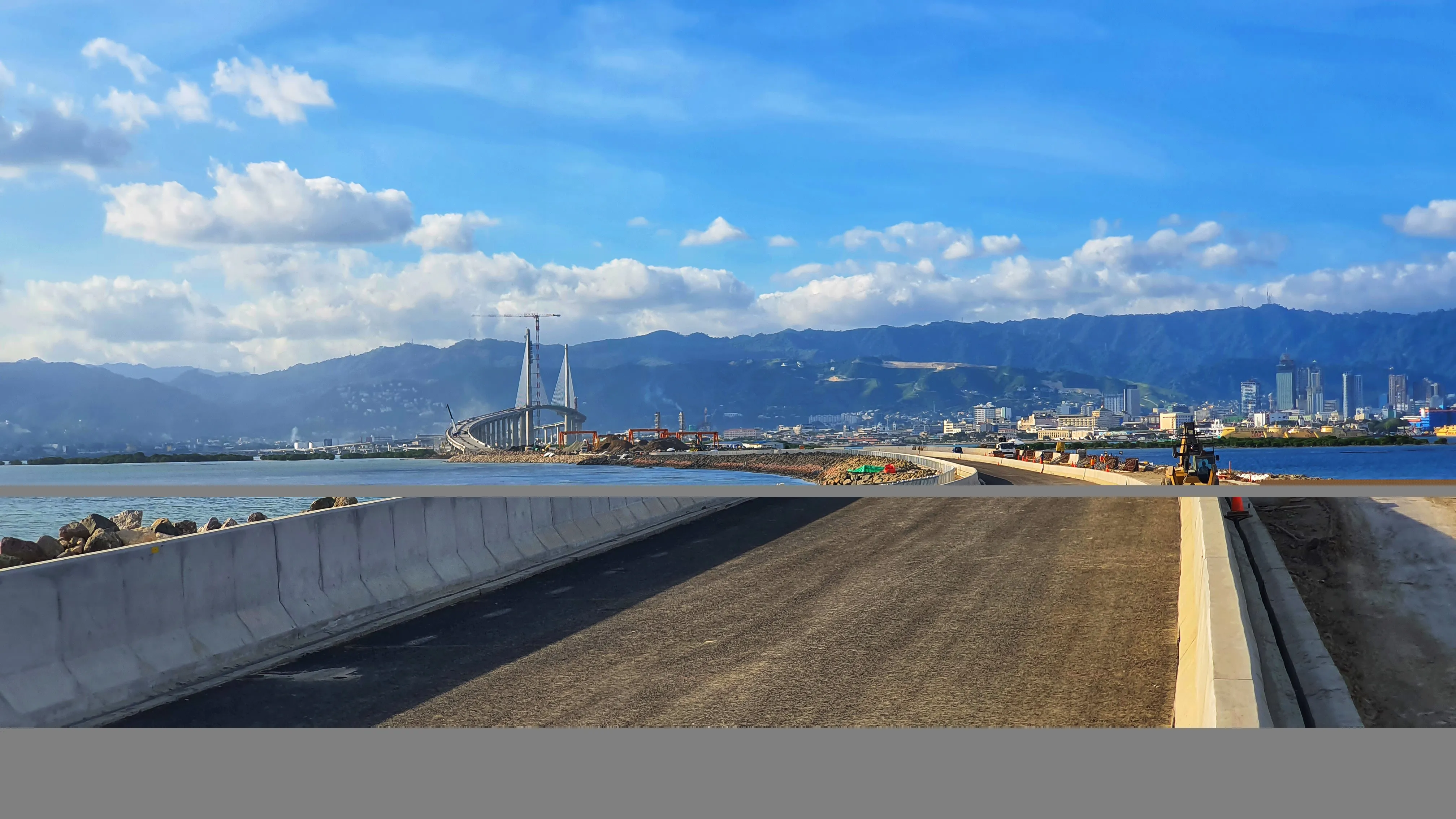
The higher administrative court in Germany’s Schleswig state has given the green light for start of construction for the Fehmarnbelt tunnel between Germany and Denmark.
The court ruled that land needed for the construction of the €1.2 billion planned Baltic Sea road and rail immersed tunnel was rightfully transferred to the Danish project developers Femern. The ruling also said that work can start before all land expropriation has been completed, according to a report by Welt Online.
The 17.6km Fehmarnbelt tunnel will be the longest ever constructed, surpassing the 13.5km Marmaray Tunnel of the Bosphorus in Turkey. It will consist of 79 standard 217m-long elements around 10m high with two highway tubes, one emergency tube and two rail tubes. There will be 10 service elements, each 85.7m-long but both wider and higher and with a subfloor to house technical and servicing equipment. The deepest section of the Fehmarn Belt Trench, into which the tunnel elements will be laid, will be 35m.
Owners of the land, the shipping companies Scandlines Deutschland and Scandline Bordershop Puttgarden, had earlier brought a claim against the expropriation and succeeded in halting the process. The new ruling can’t be appealed, the news report noted.
The Fehmarn Belt is a strait between the German island of Fehmarn and the Danish island of Lolland. The tunnel will replace a ferry service from Rødby and Puttgarden. The project’s approval process had been bogged down over environmental issues, especially within the German state of Schleswig-Holstein in which the southern end of 18km immersed tunnel will surface.
Danish company Femern is responsible for construction of the link. A tunnel element fabrication yard and a works harbour has been built in Rødbyhavn, as well as a tunnel portal on Lolland.
A Rambøll-Arup-TEC consultancy joint venture is engaged in a client consultancy services contract with Femern. The joint venture has also worked on other landmark infrastructure projects, including the Øresund Tunnel in Denmark, the City Tunnel in Malmö, Sweden, the Medway Tunnel in England, as well as underground rail systems in Amsterdam and Copenhagen.
COWI is carrying out the detailed design of the tunnel - north tunnel section, south tunnel section and ramps and portals. Meanwhile, SWECO is handling design for the dredging and reclamation work.
A second framework contract, for technical support services to Femern, is being carried out by ÅF-Hansen & Henneberg.
For more information about the Fehmarnbelt tunnel project, visit www.femern.com.








